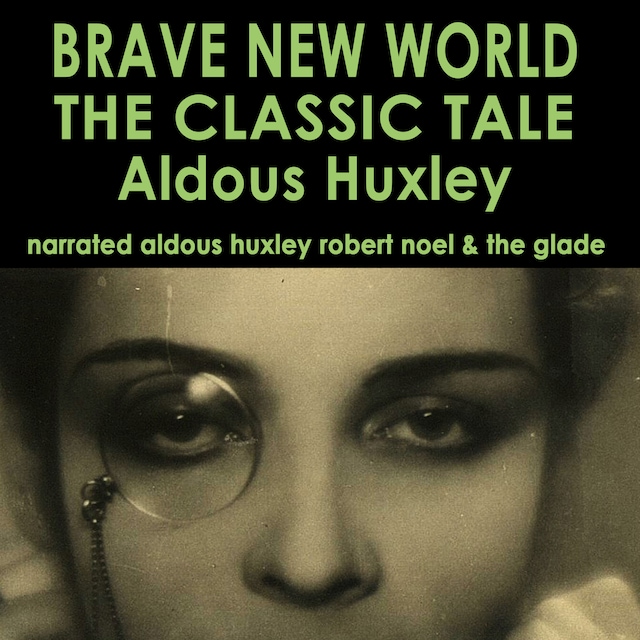
Brave New World The Classic Tale
Description of book
“But I don’t want comfort. I want God, I want poetry, I want real danger, I want freedom, I want goodness. I want sin.”
“One believes things because one has been conditioned to believe them.”
?“I ate civilization. It poisoned me; I was defiled. And then,” he added in a lower tone, “I ate my own wickedness.”
Brave New World is a dystopian social science fiction novel by English author Aldous Huxley, written in 1931 and published a year later. Largely set in a futuristic World State, whose citizens are environmentally engineered into an intelligence-based social hierarchy, the novel anticipates huge scientific advancements in reproductive technology, sleep-learning, psychological manipulation, and classical conditioning that are combined to make a dystopian society that is challenged by only a single individual: the story's protagonist. Huxley followed this book with a reassessment in essay form, Brave New World Revisited (1958), and with his final novel, Island (1962), the utopian counterpart. The novel is often compared to George Orwell's 1884. Brave New World has frequently been banned and challenged since its original publication. It has landed on the American Library Association's list of the top 100 banned and challenged books of the decade since the association began the list in 1990. Author Aldous Huxley was an English writer and philosopher. He wrote nearly fifty books, both novels and non-fiction works—as well as wide-ranging essays, narratives, and poems. Born into the prominent Huxley family, he graduated from Oxford, with an undergraduate degree in English literature.